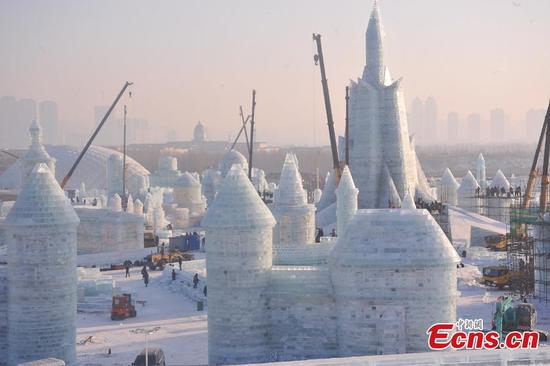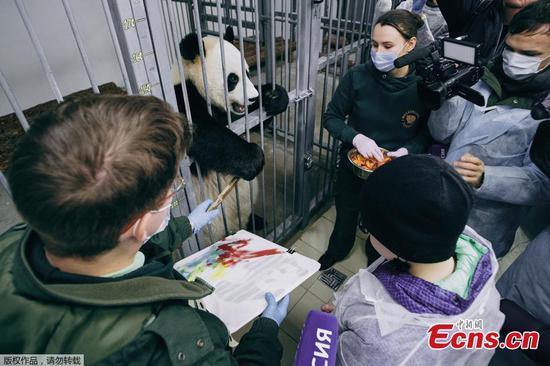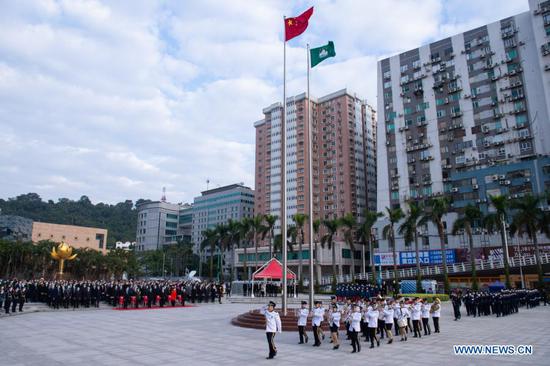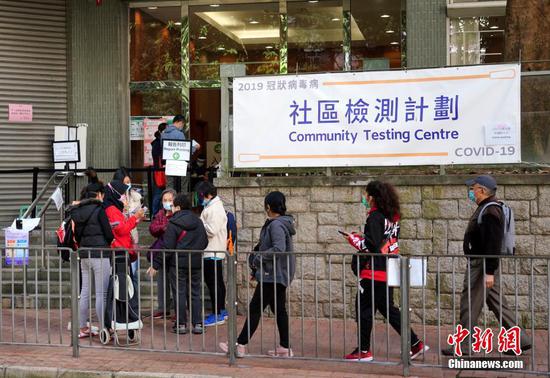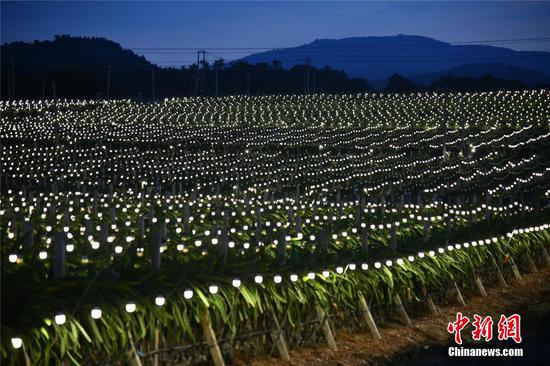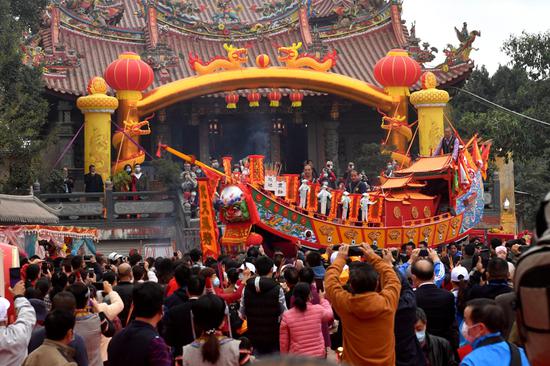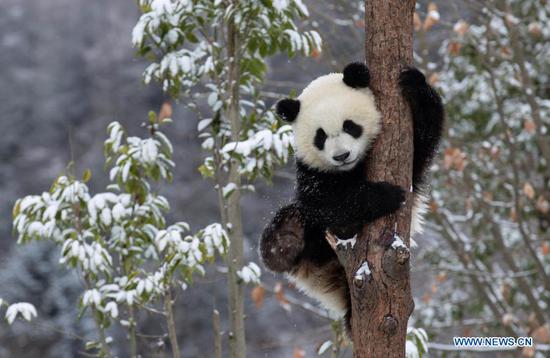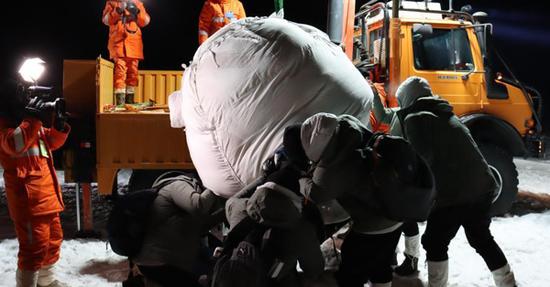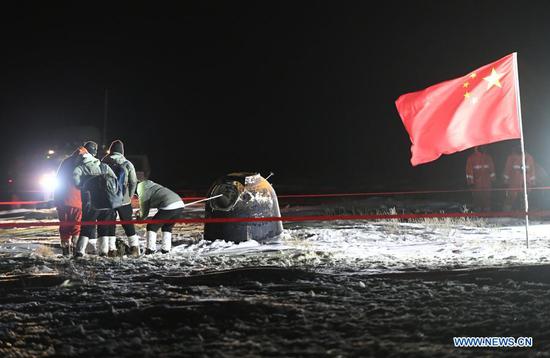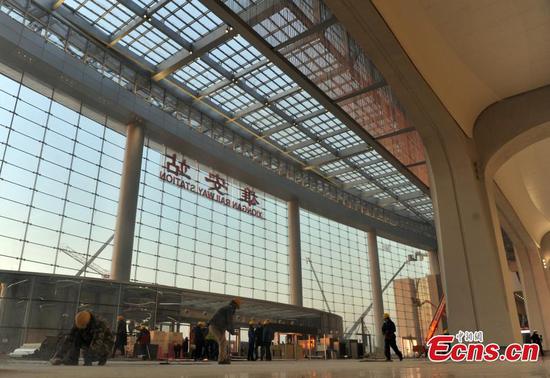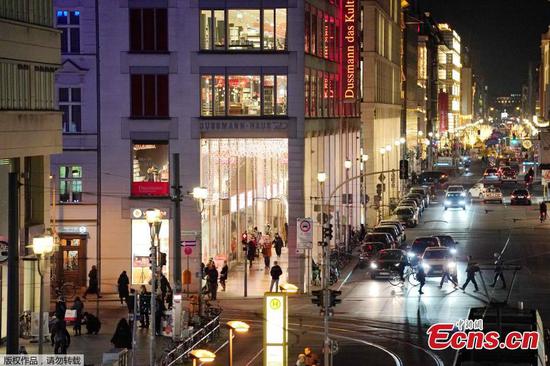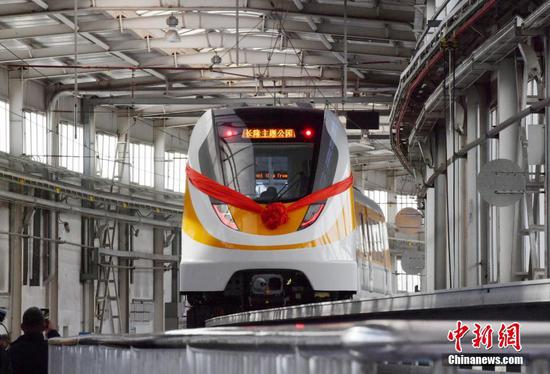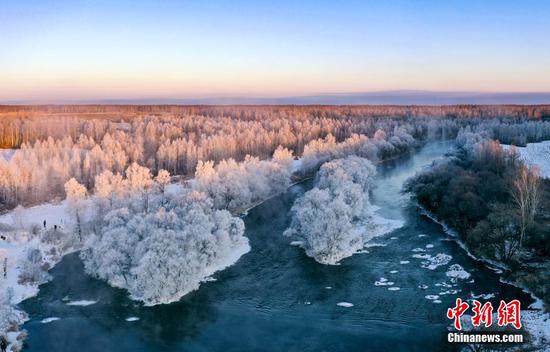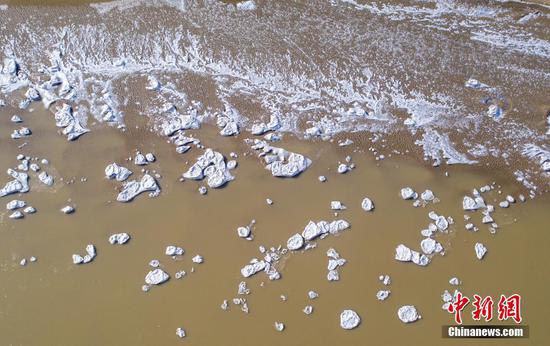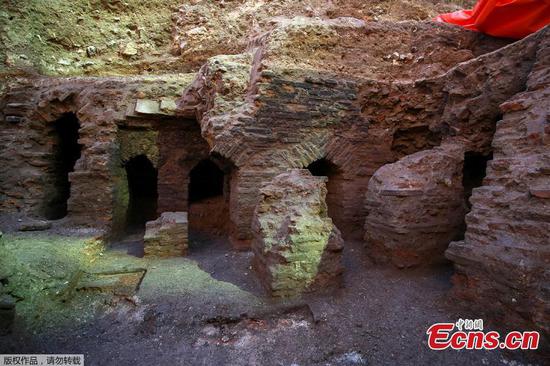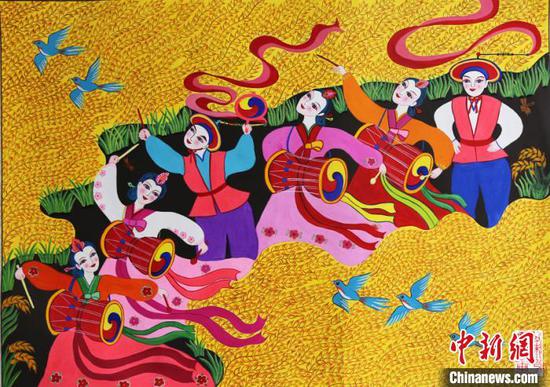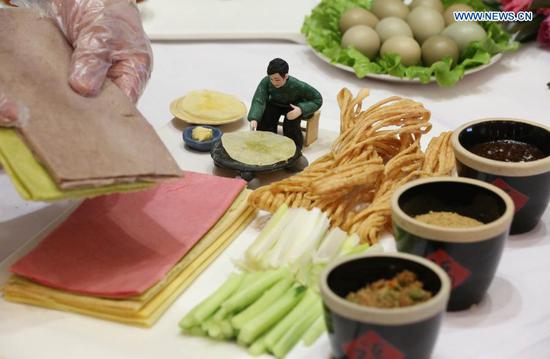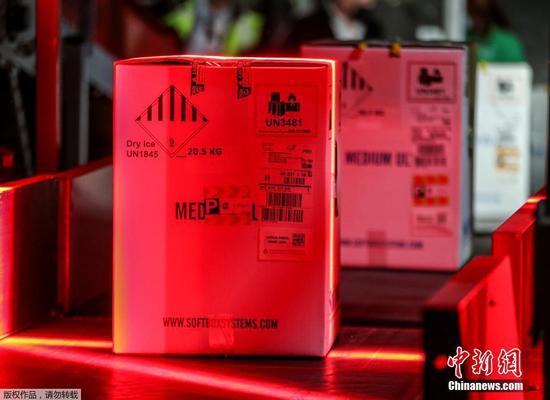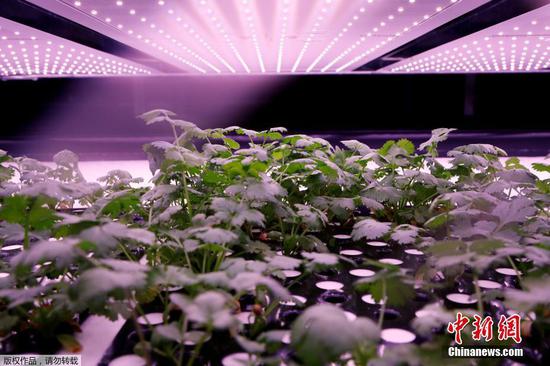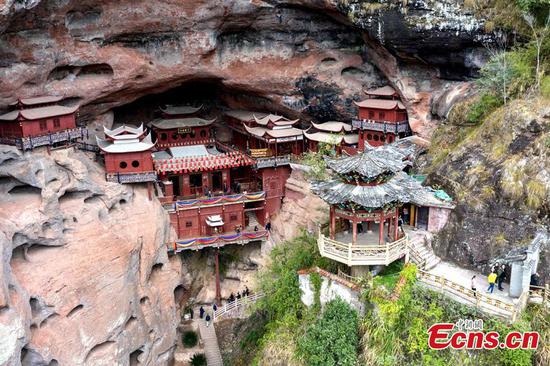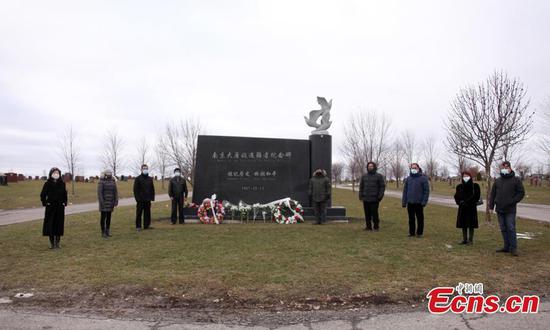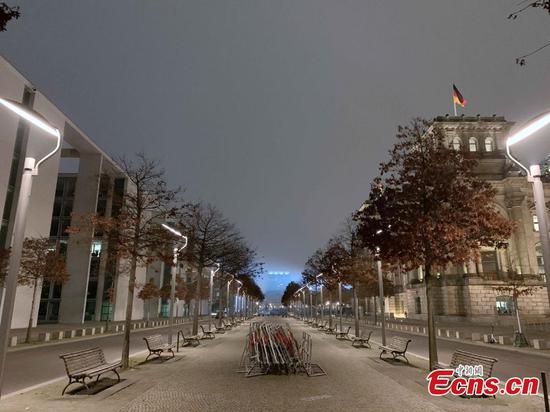
Workers process gloves at a factory in Tanchang in March. LIU HUI/XINHUA
Bitter memories
For former Shanbei resident Yang Bincheng, life in the isolated village, which lies about 1,900 meters above sea level, has left many bitter memories.
For example, the road, which was once narrow and unsealed, was a major headache.
"It took at least 90 minutes if we went to buy daily necessities in Shuanghekou township. In the event of heavy rain and snow, the road was often impassable," the 38-year-old said, recalling conditions before the local government improved the road in 2015. He added that it took his three children more than 40 minutes to walk to school along the winding mud road.
Once, his 0.3-hectare farm was the sole source of income for his five-strong family, and it was challenging to transport the annual harvest of 1,500 kilograms of crops such as wheat and corn to market.
Even with a donkey to carry the crops, he could only move 50 kg down the mountain per trip, he said, adding that his annual income came to just 3,000 to 4,000 yuan ($460 to $612).
Livestock was not only key for transportation, but also for farm work as the steep, rugged terrain made the use of machinery difficult.
However, the animals were often a source of discomfort.
"Our houses were made from adobe. The animals lived on the ground floor, while we lived just above them. The animals attracted flies and made the houses smell," Yang said. "The foul odor was especially strong when it rained."
The poor conditions in Shanbei left Wang Zhengyan, an official with the township government, astonished when he was given the task of living in the village to facilitate poverty alleviation work in September 2017.
"I never saw such tatty houses," the 24-year-old Tanchang native said. He noted that some families were so poor they could not afford their own livestock and it was not unusual for two households to buy a cow together and share it.
Cai Hongming, Party chief of Shuanghekou, said that when the local government decided to relocate all the residents of the mountainous area in 2017, not one of the 282 families in the two villages could earn annual per capita disposal income of 3,217 yuan.
That meant the 1,200 residents were officially impoverished, according to Gansu's poverty standards.









